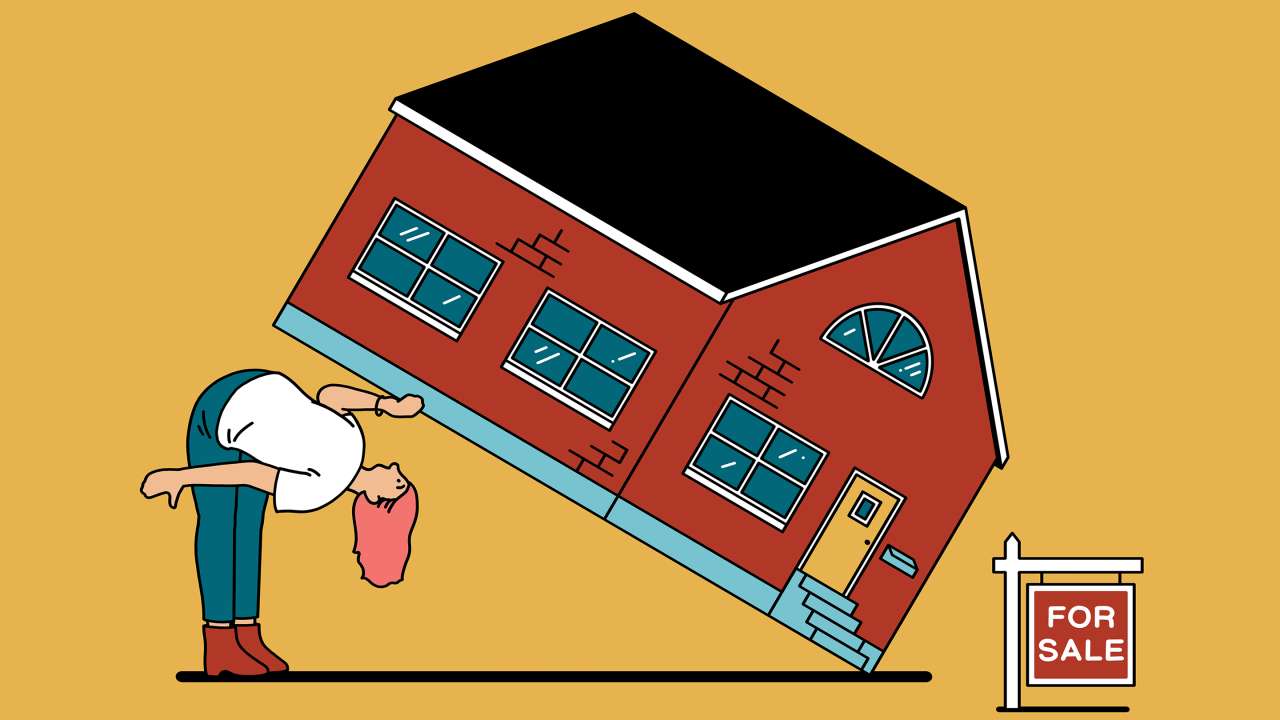It’s crucial to be prepared both financially and emotionally before making a major life decision like purchasing a home.
You’re probably prepared to purchase a home if you can affirmatively respond to each of these questions. A financial counselor should always be consulted before making any final decisions, though, as purchasing a home is a significant decision.
Although purchasing a home is a significant choice, the process can be rewarding. You can improve your chances of finding the ideal property for you by heeding this advice.
More Mortgage Readings: We have put together a list of some well-researched articles that will help you understand mortgage and how to do it right. Take your time to go through them to the common mistakes that would later cost you a lot.
Mortgage Down Payment: How Much to Pay For Your Home Mortgage
Top 10 Home Buying Mistakes People Make
Top 5 Things To Consider When Buying a House
Understanding Mortgage And How to Use it
How to Know if you’re Ready to Buy a House
Key Features of Realtor.com Mortgage Calculator
Features of Freddie Mac Home Possible Mortgage Calculator
Do Credit Scores Impact Your Home Loan?
How to Know if You’re Ready to Buy a House
Here are some things to think about:
Do you have a good credit score?
Lenders typically require a credit score of at least 620 to qualify for a mortgage, but a higher score will get you a better interest rate.
Do you have a down payment saved up?
Most lenders require a down payment of at least 3% of the purchase price, but it’s best to have 20% down if you can. This will avoid having to pay private mortgage insurance (PMI), which can add hundreds of dollars to your monthly payment.
Is your debt-to-income ratio low enough?
Your debt-to-income ratio (DTI) is the amount of debt you have each month compared to your income. Most lenders prefer a DTI of 36% or less.
Do you have a stable job and income?
Lenders want to see that you have a stable job and income to ensure that you’ll be able to make your mortgage payments.
Are you ready to settle down?
Buying a house is a long-term commitment, so it’s important to make sure that you’re ready to settle down in one place for a few years.
Can you afford the ongoing costs of homeownership?
In addition to your monthly mortgage payment, you’ll also need to factor in the cost of property taxes, homeowners insurance, and maintenance.
In conclusion, A major life decision like purchasing a home necessitates a thorough assessment of your financial situation, level of long-term commitment, and financial objectives.
You are prepared to proceed if you satisfy these requirements and feel competent in handling homeownership obligations.
The road to homeownership is a journey, so take your time, consult with experts, and make a choice that is in line with your individual needs and goals.
Related Articles
How To Budget for Your Dream Vacation
Best Online High-Yield Savings Accounts in the USA
